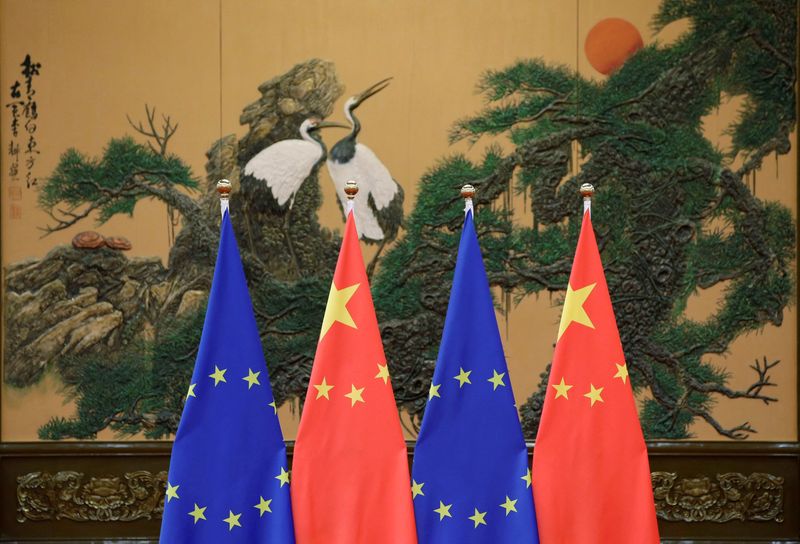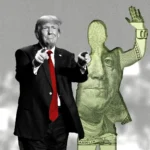Beijing warned on Friday that escalating tensions with the European Union over electric vehicle (EV) imports could spark a trade war, as Germany’s Economy Minister Robert Habeck arrived in China to address the issue. This marks the first visit by a senior European official since Brussels proposed heavy tariffs on Chinese-made EVs, citing excessive subsidies.
Habeck, from Germany’s Greens Party, criticized Berlin’s 11-month-old China strategy as too short-term and misaligned with other EU countries’ approaches. His visit aims to explain the EU’s tariff decision and mitigate potential retaliation from China, which could impact German businesses significantly.
This week, Chinese automakers urged Beijing to increase tariffs on European gasoline-powered cars, and the government launched a dumping probe into EU pork imports in response to the EU’s actions.
“The European side continues to escalate trade frictions and could trigger a ‘trade war’,” a Chinese commerce ministry spokesperson stated, placing responsibility on the EU.
Germany’s car manufacturers, heavily reliant on the Chinese market, oppose the EU tariffs. Habeck’s visit is seen as crucial for dialogue and seeking compromise to prevent further economic damage.
Despite this, Habeck tempered expectations, indicating that resolving trade tensions may not be achieved during his visit. Germany also seeks to reduce economic dependence on any single country while expanding market access for its businesses in China. Recent figures show a shift, with German exports to China falling by 14% in May, while exports to the U.S. rose by 4.1%.
Habeck’s visit includes talks with Chinese Premier Li Qiang and other officials, highlighting the need for a coordinated European approach to China amid rising protectionism.









